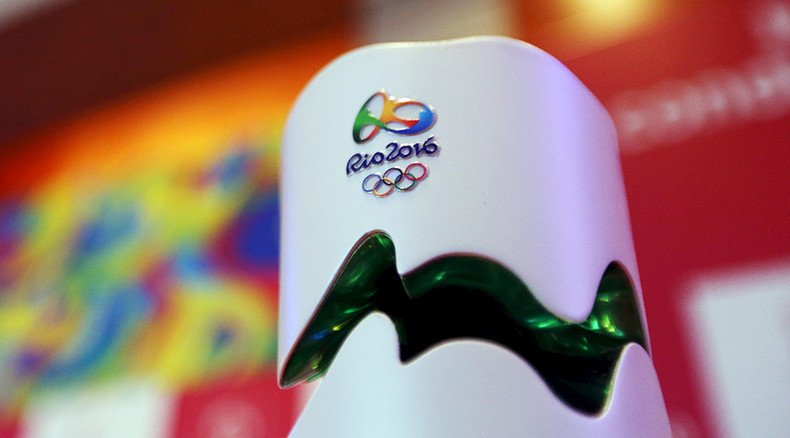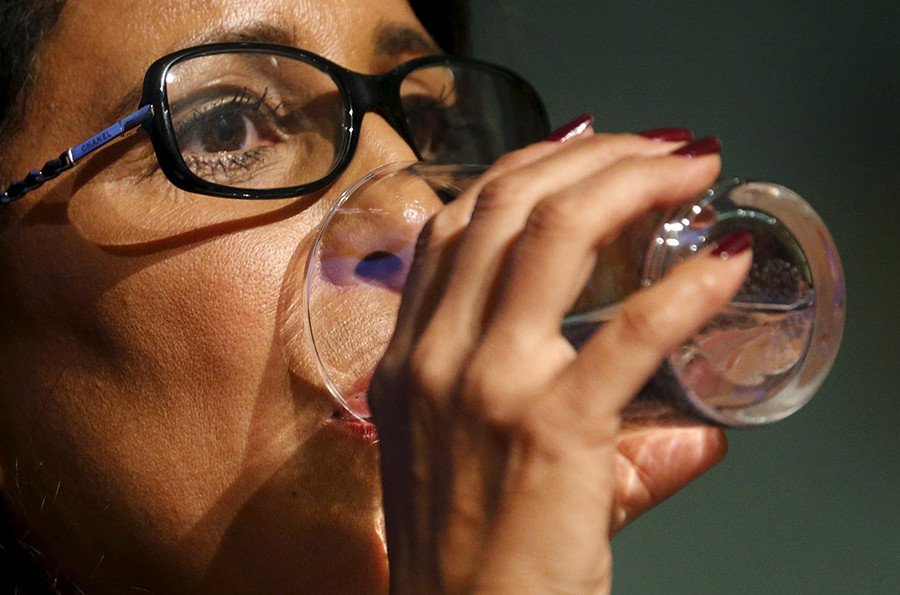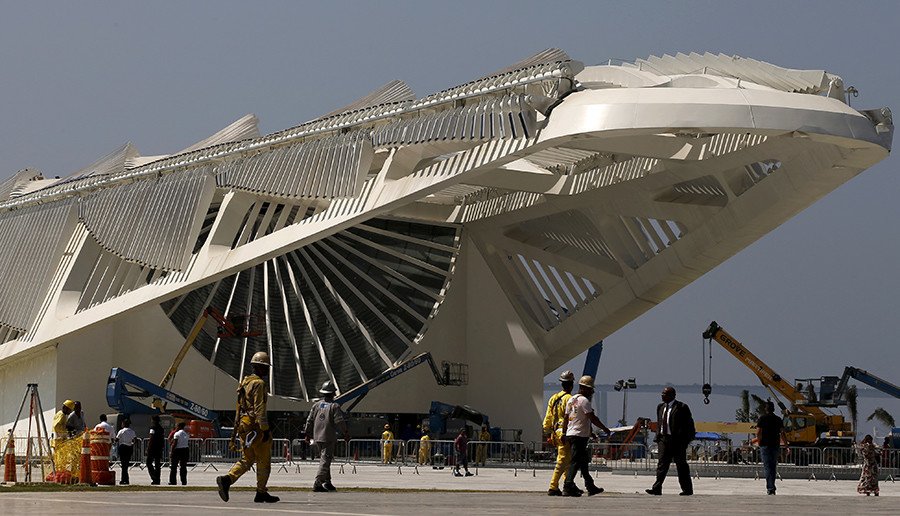Will Rio de Janeiro be ready to host the 2016 Olympics?

The 2016 Olympics are less than a year away. Given the issues that plagued Brazil’s 2014 World Cup, fans, experts and Brazilians are asking if Rio will be ready, and whether hosting the event will hurt or help the country.
When Brazil hosts the 'world's biggest party', the Summer Olympics, it will be on the global stage for the second time in two years. For London 2012, a combined TV audience of 3.64 billion watched the Games. Four years before, Beijing 2008, 3.55 billion tuned in. So it stands to reason that even more will be watching Rio 2016. With that in mind, how's the preparation going? What will the Games do for Brazil in the long term?
What legacy will the Olympics leave in Brazil?
They're important questions. For Athens 2004, the facilities they built have largely gone to waste since the Games ended. Famous pictures of Athens' abandoned Olympic Park regularly crop up on the internet, showing the neglected swimming pool, softball stadium and velodrome. Economists have suggested that while the recent Greek financial meltdown wasn't directly caused by the Olympics, it may have been a factor.
It’s natural there are those who are skeptical that the Olympics are good for Brazil. The country is struggling with poverty and there is a huge gulf between the rich and the poor. The economy is plunging and the rush is on to finish venues in time for the Games. The Olympics are a tricky beast to handle. Bringing in unprecedented amounts of tourism for the country and the host city, the economic boost is offset by the huge task of building venues and infrastructure to ensure the chosen city can host the Games to recent exemplary standards.
There are worries within the sporting world that Brazil won’t come up to standard. For instance, the waters to be used for the sailing events are currently clogged with human sewage. Two sailors from South Korea and Germany, Wonwoo Cho and Erik Heil, were recently infected, “probably by the water” at Guanabara Bay, said Cho's coach Danny Ok. At least 70 percent of the sewage from Rio de Janeiro, a city of 10 million people, is dumped in the bay, untreated and untouched, creating super-bacteria resistant to antibiotics.

The organizers have said it will be completely clean by next year, but the International Olympic Committee will move the events to the Atlantic Ocean if needed. However, if Brazil can clean this water and make sure sewage goes elsewhere, ideally to a treatment plant, this will be a major improvement to Rio’s infrastructure, improving the lives of millions of people. It may even turn out to be the biggest positive outcome of Brazil hosting the Games.
A similar thing happened in Athens. In bringing the Games to the city, the government funded a new airport, substantially improved and revitalized the subway, and built a brand new ring road. While the Olympic venues themselves may lie abandoned in a wasteland, the Games have a legacy in Athens that will last for a long time. Many are hoping the same will happen in Rio.
Can Brazil make lasting infrastructure investments?
According to a report in the June 2011 edition of the Economic Journal, hosting the Olympics (or other so-called ‘mega events’, such as the FIFA World Cup, which Brazil also hosted in 2014) gives the host country a large, permanent increase in trade and improved relations with trade federations worldwide. When Brazil was awarded the right to host the Games in 2009, the country was booming: GDP was at a high, double the figure of five years previously, and the country had been awarded the right to host the 2014 FIFA World Cup two years earlier. So the Brazilians would host two mega-events in close succession, which many took as a sure sign of Brazil's increasing presence in the higher echelons of the world, and a vote of confidence on the future of the country.

In late 2015, the situation looks different. The country has faced huge political protests, with more than 250,000 Brazilians taking to the streets to demand the impeachment of President Dilma Rousseff. Her approval ratings hit a record low of eight percent in August, partly due to widespread charges of corruption, with more than 60 percent saying her administration was “bad or terrible.” Another big issue facing Brazil is economic downturn: while still in better condition than it was in 2009, GDP has dropped significantly since its high point of 2011. Economists now fear Brazil may be entering their worst recession for 25 years, with the Brazilian real recently reaching new lows against the US dollar.
300 days to @Rio2016_en ! Good luck to all the athletes that are trying to qualify for these Games! #RoadToRio
https://t.co/uAm9W9mzDH
— Olympics (@Olympics) October 10, 2015Evidently, this is not ideal timing with the Olympics arriving in less than a year. The eyes of the world will be on Brazil and what they may see is a country racked by continued and prolonged unrest, corruption and a president very few approve of. The venues for the Olympics are behind schedule; many still look more like building sites than sporting arenas, with work still to be done to get them finished for the thousands of athletes arriving for the beginning of the Games on August 5.












